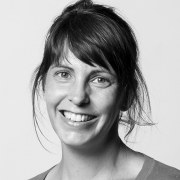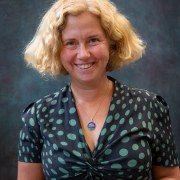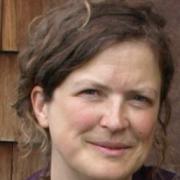Working with very young audiences
Find this session's presentations here.
Young children (here we are focussing on 3-7 year olds) are frequent visitors to science centres and museums, and indeed this age group comprises a significant proportion of total visitor numbers. Many institutions offer special programmes and even exhibitions for younger children. But are they based on a valid understanding of what young children might be capable of learning and doing, or what specific learning opportunities museums and science centres are best-placed to offer?
In this session we share detailed case studies of young children’s experiences in varied museum contexts. An experienced researcher in child development responds to these descriptions in light of recent research. We aim to challenge conventional thinking about the appropriate provision for this age group, and invite the audience to discuss the implications of our research for their own practice.
Facilitator
Reader in Science Education
Session speakers
A group of young children (ages 5-7) who were new to the science centre were invited to visit once a week for five weeks. They visited without their parents and interacted with museum staff. Their behaviour was similar to that of bees – circulating among exhibits to decide which were worth visiting repeatedly. What implications does this “bee strategy” have for science centre programming for young visitors?
IOE (UCL's Faculty of Education & Society)
Taking the idea of multiple visits further, the ‘My Primary School is at the Museum’ project explored what happened when classes of young children spent an extended period in a museum. A nursery school class (ages 3-4) spent every day for two weeks in an art museum, while two classes from the first year in primary school (ages 4-5) visited another museum every day for a month. Evaluation documented a range of unexpected learning outcomes, especially in social and language development.
Endowed Professor Cognitive Development
An experienced developmental psychologist will act as discussant, responding to these presentations and reflect on them in light of recent research. She will also inform us about other relevant research findings and encourage us to consider how they might challenge our assumptions and inform work we do with very young children.




